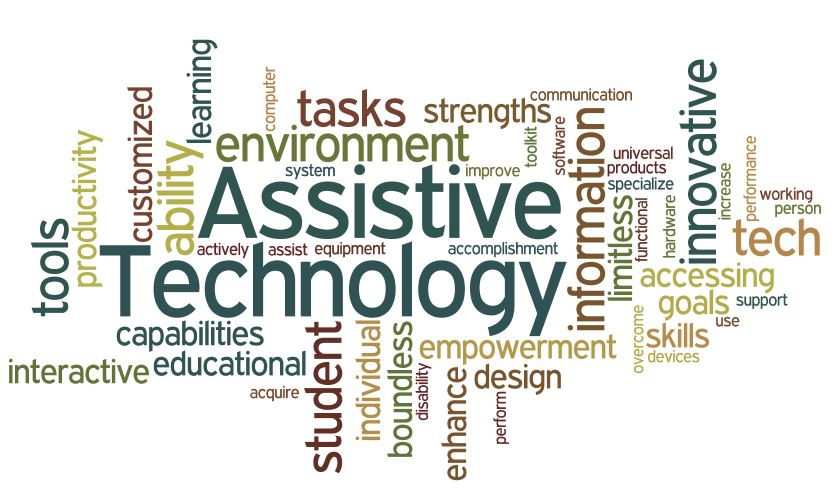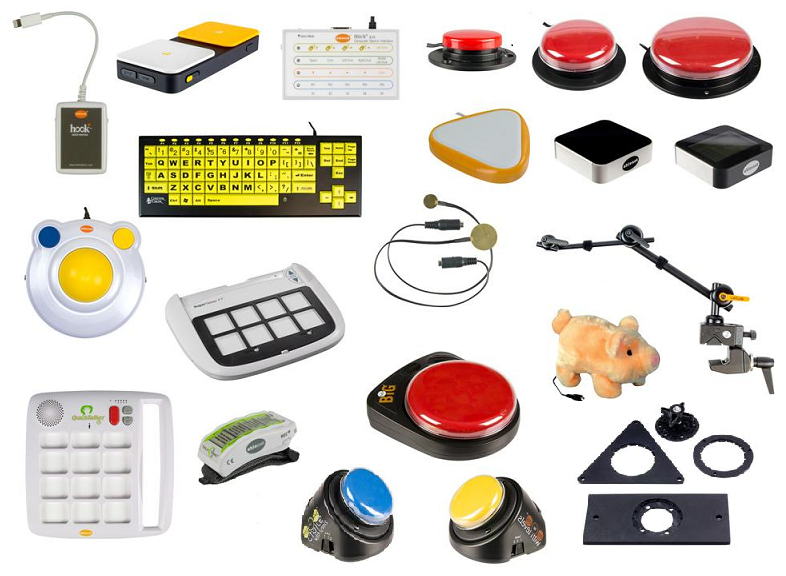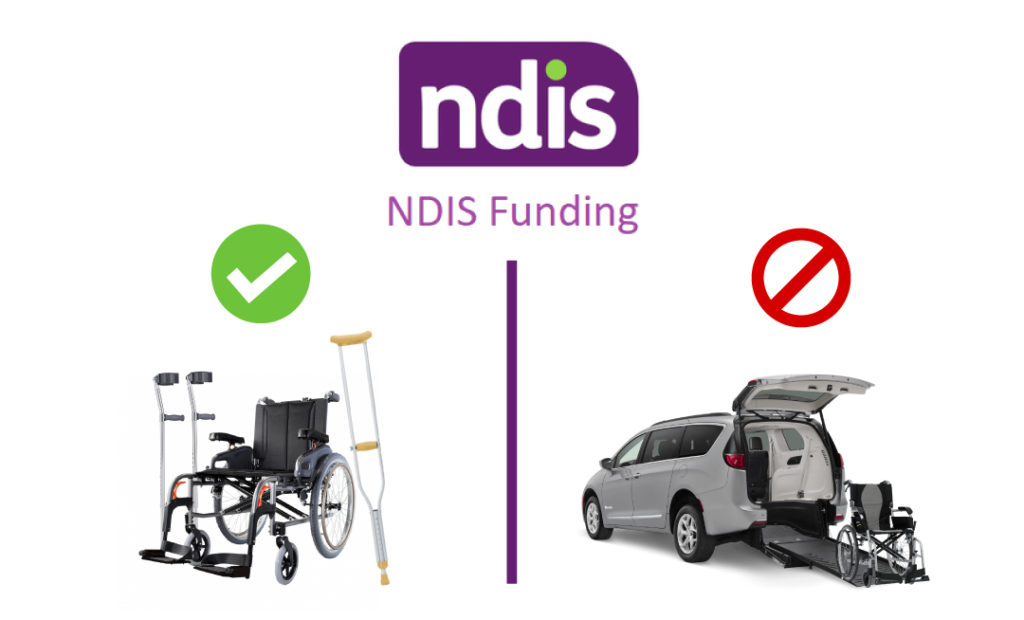What Is Assistive Technology and How Is It Beneficial?

Assistive technology can be life-changing for many people living with a disability, as it allows them to achieve independence and reach their goals, and it relieves pressure from family members and carers. But what is assistive technology?
If your loved one has a disability and is in need of support, or you are looking into assistive technology for your own needs, then this article details everything you need to know. The team at St Jude’s explain what assistive technology is, what benefits you can experience, and how people living with a disability can access these services.
What Is Assistive Technology?
Assistive technology is any item, device, system, piece of equipment, or software program that is used to help someone complete an activity or task that they would not be able to perform otherwise. This technology helps someone living with a disability to maintain or improve their functional capabilities.
Assistive technology covers a wide range of options, from prosthetics and specialised software to pencil holders and walkers. The aim is to help those living with disabilities to read, write, hear, walk, remember things, see, and speak, among countless other tasks that they may struggle with.
What Are Some Examples of Assisted Technology?

Assistive technology can be the reason someone living with a disability is able to achieve their goals and live an independent life. Whatever your disability is, you will most likely be able to find a helpful piece of equipment or technology that can assist you in the areas of life that you find difficult.
There are countless types of assistive devices available, including:
- Mobility aids (wheelchairs, prosthetics, walkers, and scooters)
- Educational aids (book holders, page-turners, and specific pencil grips)
- Hearing aids
- Computer assistance (voice recognition, screen enlargement, and screen readers)
- Cognitive aids (to assist you with memory and attention)
- Closed captioning
- Built environment modifications (ramps, large doorways, and grab bars)
- Sports mobility devices
- Adaptive devices for daily tasks (utensils, specialised handles and switches)
- Assistive technology devices for people with visual impairment (such as Braille keyboards)
Benefits of Assistive Technology
Promotes Independence
Independence is the main benefit that people living with a disability can experience when they have access to the relevant assistive devices. With the right assistive equipment, people with all sorts of disabilities can begin to interact more successfully with their community, pursue education, and even begin employment. A person can benefit mentally, physically, and financially from receiving assistive technology, as they will be more able to live independently and fulfil their goals. Their confidence can grow, and they may draw more happiness from life, as they are able to participate in activities they enjoy.
Reduces Risks
Many people with disabilities are often at risk of having an accident, and with the introduction of assistive technology, they can become much safer. For example, someone who has just had a stroke may be at risk of falling and hurting themselves further, so railings in the bathroom can help them avoid this occurrence. Or for someone with the early stages of dementia, they can get an electronic pillbox that reminds them to take their pills – therefore avoiding becoming more ill because they have forgotten to take essential medicine.
Helps Everyone
The use of assistive technology tools can help not only the person with the disability but also the people around them. When someone can access technology and equipment that helps them complete daily tasks and interact with society, then it takes the pressure off carers and family members because they can do more things on their own.
Some assistive devices can help people with a disability to communicate with others more easily, and this can create happier and more in-depth relationships with the people they meet. For anyone with a disability who is still at school, then assistive technology can help the teacher to teach them more effectively, and it will make education more accessible.
Does the NDIS Cover Assistive Technology?
The NDIS does cover assistive technology, but only if the situation meets its guidelines. The support must help the person to achieve something they would have been unable to do otherwise, and it must be assisting them with reaching their potential in the workplace, home or community.

They will not provide funding for assistive technology that is:
- For the built environment that is used by everyone (for example ramps and lifts)
- A mainstream piece of technology that does not overcome a functional limitation (such as a car)
- For treatment or rehabilitation
- Not an actual device (such as training or medication)
How Can You Apply For Assistive Technology NDIS?
Once you are an NDIS participant and have NDIS funding, then you can bring up your need for assistive technology in your planning meeting. If you are already an NDIS participant and would like to add new assistive technology to your plan, then you can ask for a plan review. Whether you are a new participant or not, you will need to make sure your assistive technology request meets the reasonable and necessary criteria – otherwise, your request may not be accepted.
The NDIS team who are looking after your plan will make sure that you are receiving the best technology and assistance for achieving your plan goals, and may even suggest some that you have not thought of. The NDIS will make a decision within 10 days if your request is for mid or low-cost assistive technology, and within 30 days if it is for high-cost assistive technology.
Choose the Help of Reliable Disability Support Services
St Jude’s is a trusted, local company, providing expert disability support services to people across Perth and the South West. We have over 38 years of experience caring for people with a range of support needs, and we offer a variety of services including an NDIS support coordinator, allied health services, residential aged care, home care, and mental health services.
If you would like to find out more about assistive technology in Australia, or you need assistance applying for NDIS funding, then get in touch with our friendly team today.
|
|


